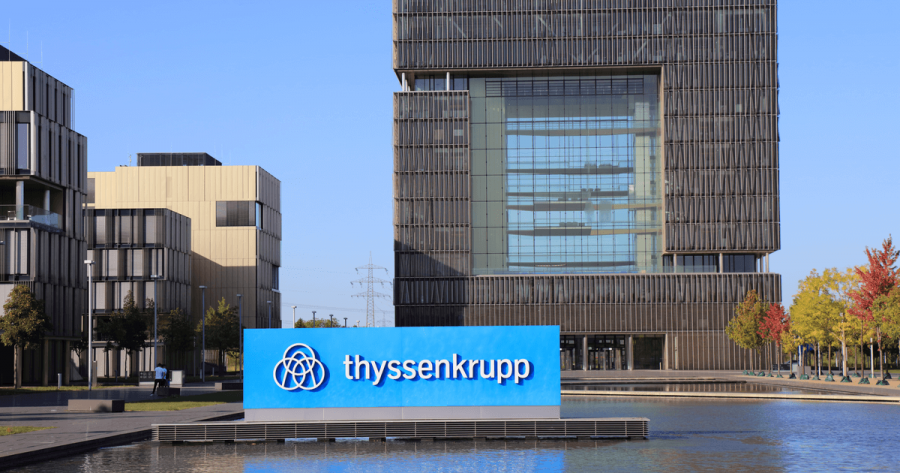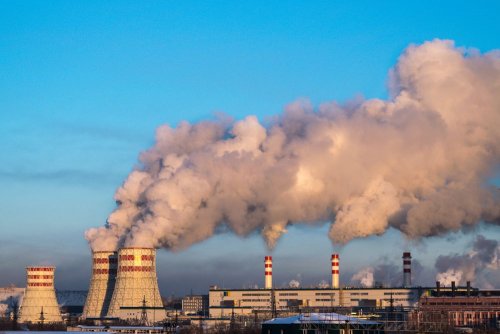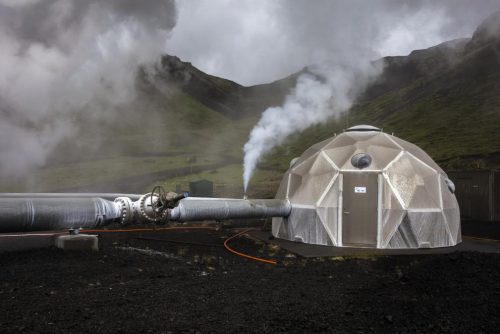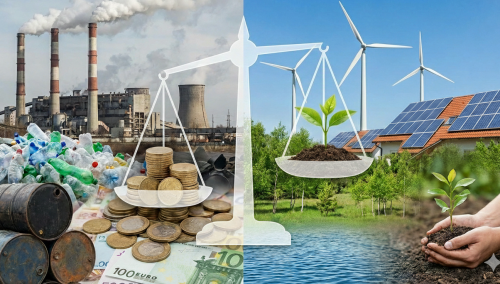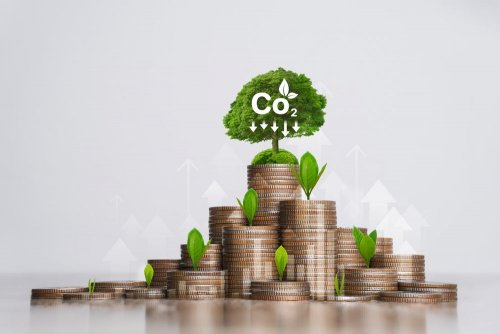The largest German metallurgical company ThyssenKrupp has begun construction of a scrap metal processing plant in the city of Duisburg, in the west of Germany.
This is stated in a press release on site companies.
"Today, April 21, the groundbreaking ceremony for the scrap processing plant was held at ThyssenKrupp Steel's steel processing plant in Duisburg," the statement said.
This processing plant is part of the REDERS project funded by the state of North Rhine-Westphalia. The investment in the project is €6.4 million. The REDERS project is a steel production process with an increased share of recycling to reduce CO2 emissions.
Thyssenkrupp Chief Technology Officer Dr. Arnd Kefler said the project will enable the company to make rapid progress in reducing CO2 emissions.
The processing plant will produce high quality recycled products to be used in Thyssenkrupp's blast furnaces.
Once completed, the plant will produce up to 260,000 tons of recycled low carbon steel under the brand name bluemint®.
Before EcoPolitica wrote about seven innovative industrial decarbonization projects in Europe. They are estimated to reduce emissions by more than 76 million tons of CO2 over the first 10 years.

